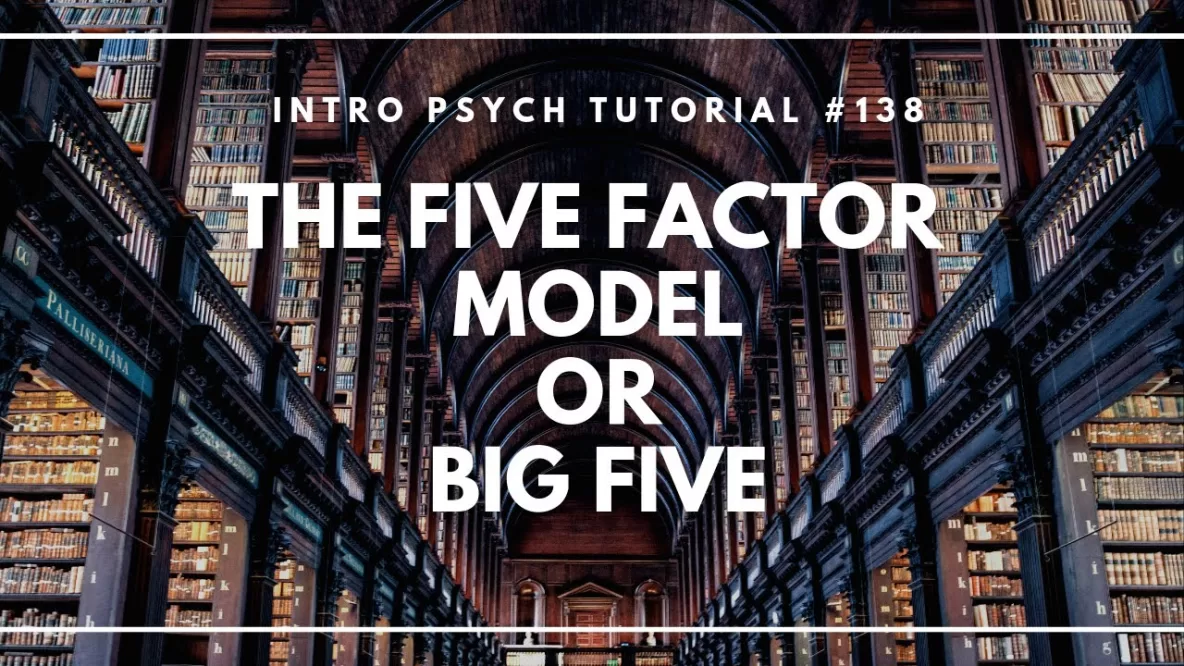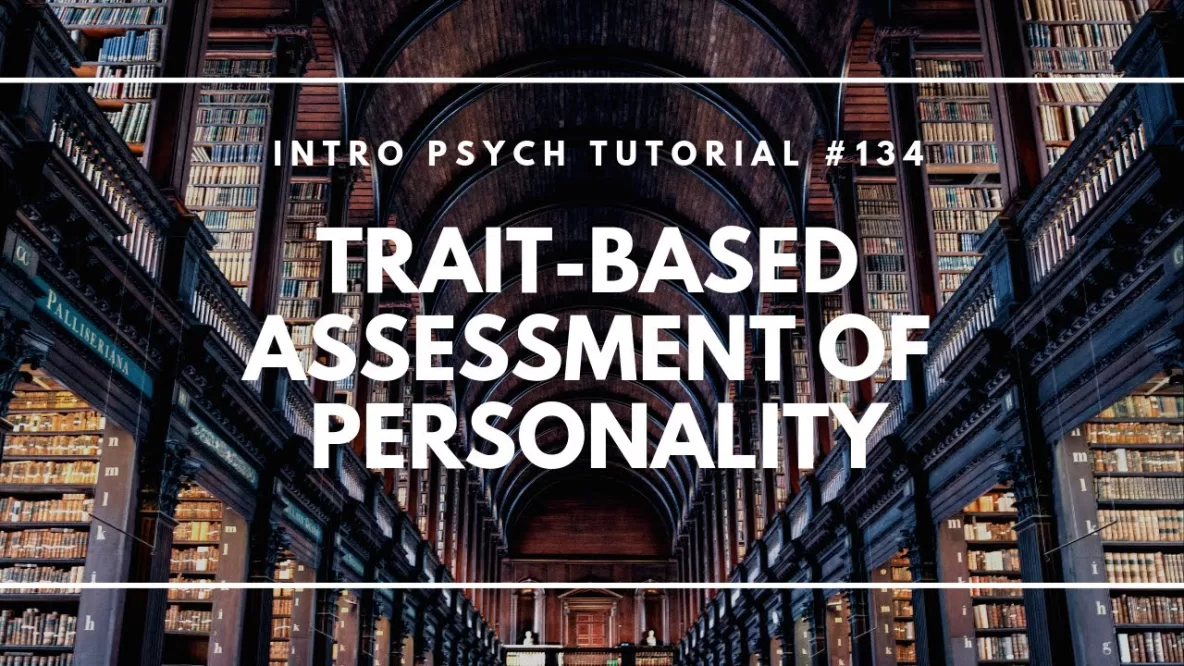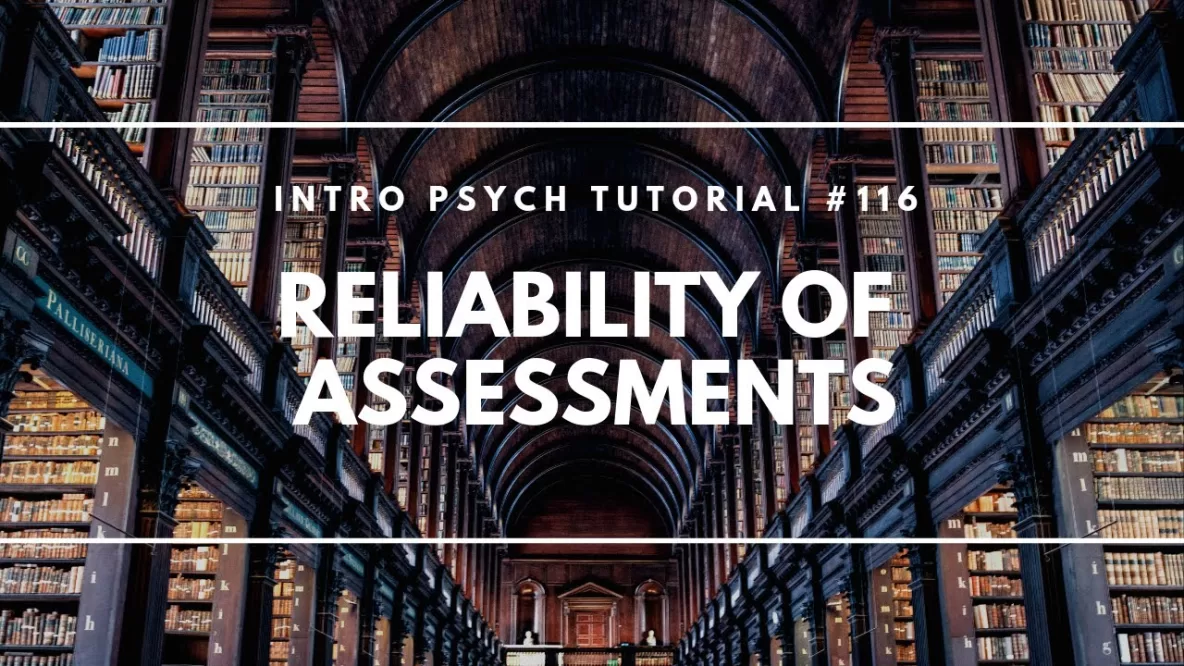In this video I briefly describe the Five Factor Model or Big Five, which considers five main dimensions of personality: openness to experience, conscientiousness, extraversion, agreeableness, and neuroticism. This model comes from the work of Robert McCrae and Paul Costa, … Read More
Which Personality Traits Matter?
In this video I describe several approaches to narrowing down personality traits into a manageable number of ways of thinking about how people differ. These include Gordon Allport‘s hierarchy of cardinal dispositions, central traits, and secondary traits, the use of … Read More
Trait-Based Assessment of Personality
In this video I describe a nomothetic approach to personality using universal trait dimensions. Comparisons between people allow us to place them on a dimension for a number of possible traits. Unlike the infinite possible responses of projective techniques, responses … Read More
Projective Techniques – The Rorschach Inkblot Test & the TAT
In this video I explain how projective techniques have been used to assess personality. These represent an idiographic approach to assessment and focus on the unique aspects of a person’s personality. The most famous projective test is the Rorschach Inkblot … Read More
Racial Differences in IQ
In this video I consider racial differences in average IQ scores. This controversy reached a peak with the publication of “The Bell Curve” by Richard Herrnstein and Charles Murray in 1994. This led to publication of several papers on race … Read More
Sex Differences in IQ
In this video I consider sex differences in IQ scores. While average male and female IQ scores are comparable, there are differences in performance on certain types of tasks including verbal fluency, spatial ability, math problem-solving, use of complex prose, … Read More
What Causes IQ Differences?
In this video I address the question of what causes IQ differences between people. This relates to the nature/nurture debate in considering the strength of genes and environment and these interact to shape intelligence. Twin and adoption studies allow us … Read More
IQ Variation & Distribution
In this video I describe variation in IQ scores and the distribution of IQ scores in the general population. IQ scores follow a normal distribution with a mean of 100 and a standard deviation of about 15 points. Knowing IQ … Read More
History of Intelligence Testing
In this video I briefly describe the history of intelligence testing including the work of Sir Francis Galton, Alfred Binet, Theodore Simon, William Stern, Lewis Terman, and David Wechsler. I also discuss the concepts of mental age, ratio IQ, deviation … Read More
Reliability of Assessments
In this video I explain the difference between validity and reliability and then describe several ways of assessing reliability including split-half reliability, test-retest reliability, equivalent-form reliability, and the related concept of standardization. Don’t forget to subscribe to the channel to … Read More










